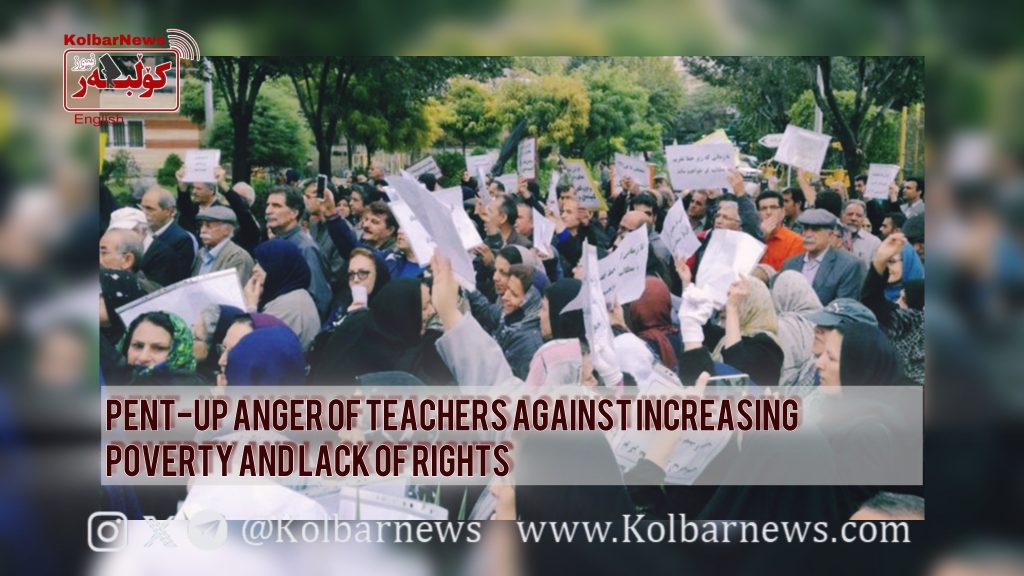
In its July 15th edition, the daily newspaper Etemad features a report titled “Dismissal and Punishment of 20,000 School Principals in the Thirteenth Government” by reporter Banafsheh Samgis. The report reviews the performance of the Thirteenth Government, highlighting the suffering endured by hardworking teachers and professors. The article begins by recounting the story of 700 teacher doctors with scientific articles and valid documents, all of whom were rejected in employment exams, only to be replaced by unqualified security personnel and relatives of officials. Samgis notes that, in the final days of the Thirteenth Government, the Ministry of Education is hurriedly signing lifetime employment orders for government affiliates.
The article references the treatment of teenage students, boys and girls, who participated in the Jina Revolutionary Movement and were arrested. These students received support from thousands of teachers and principals, but those who supported them later faced consequences such as dismissal, demotion, salary cuts, forced transfers, and suspensions. They were summoned to disciplinary and administrative misconduct committees as a result of their compassionate support.
The report also summarizes that the Ministry of Education and its departments faced numerous problems under the Thirteenth Government. Over the past three years, many teachers were threatened by security agencies, and these threats, combined with difficult living conditions, have made life even harder for dedicated teachers. Additionally, the dilapidated state of school buildings and overcrowded classrooms have created a stressful environment for both teachers and students.
Regime propaganda blames these shortcomings on economic sanctions and budget deficits, while in reality, astronomical sums are spent annually on domestic repression and military adventures abroad. The budget deficit does not affect these areas, but sectors like education and healthcare bear the brunt.
In a related article titled “Teachers in the Circle of Poverty,” “Ham-Mihan” newspaper writes that the livelihood problems of teachers, both official and unofficial, are severe. Official teachers may have flashy employment contracts, but their earnings barely cover their families’ basic needs. Contract and hourly teachers face even more critical conditions, especially those working in deprived areas. Their insurance premiums are not fully paid, and their salaries, in addition to being low, are paid irregularly, sometimes not exceeding 8 million tomans per month, and often delayed for months.
The article also mentions retired teachers invited back to work by the Ministry of Education, with a monthly salary of 5 million tomans, which is also not paid regularly.
These circumstances have driven teachers, filled with pent-up anger, to take on second and third jobs. Despite this, a militant spirit has developed among educators to fight against poverty, the imposition of superstitious teachings in schools, the installation of clerics as moral instructors, the organization of spies in schools, and the commercialization of education. For several years, teachers have been at the forefront of the struggle for better wages, democratic rights, and adequate preparation time for teaching. They have simultaneously fought for the release of political prisoners, opposed the commodification of education, called for the separation of religion from education, exposed mismanagement, discrimination, and corruption, and advocated for genuinely free education for all social classes. They have also protested against the deprivation of education for the children of workers and the underprivileged.
Such activism has led the intelligence agencies and the corrupt judiciary to conspire and fabricate cases against militant teachers, sending them to prison and subjecting them to harassment and deprivation. Some of these teachers remain in detention and are respected as resilient political prisoners. They continue their activism even from within prison.

